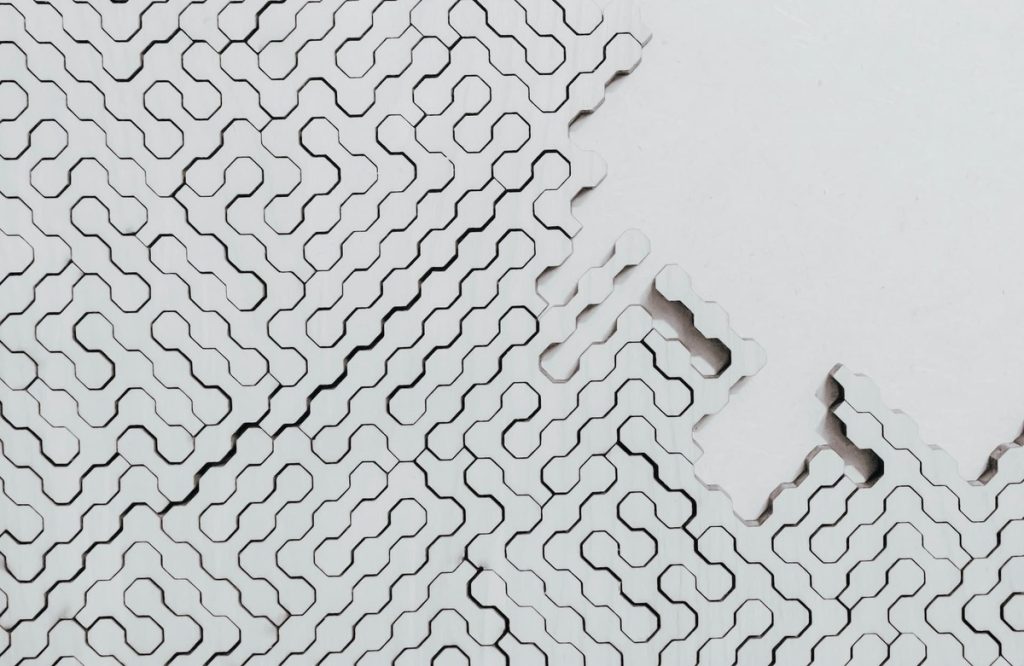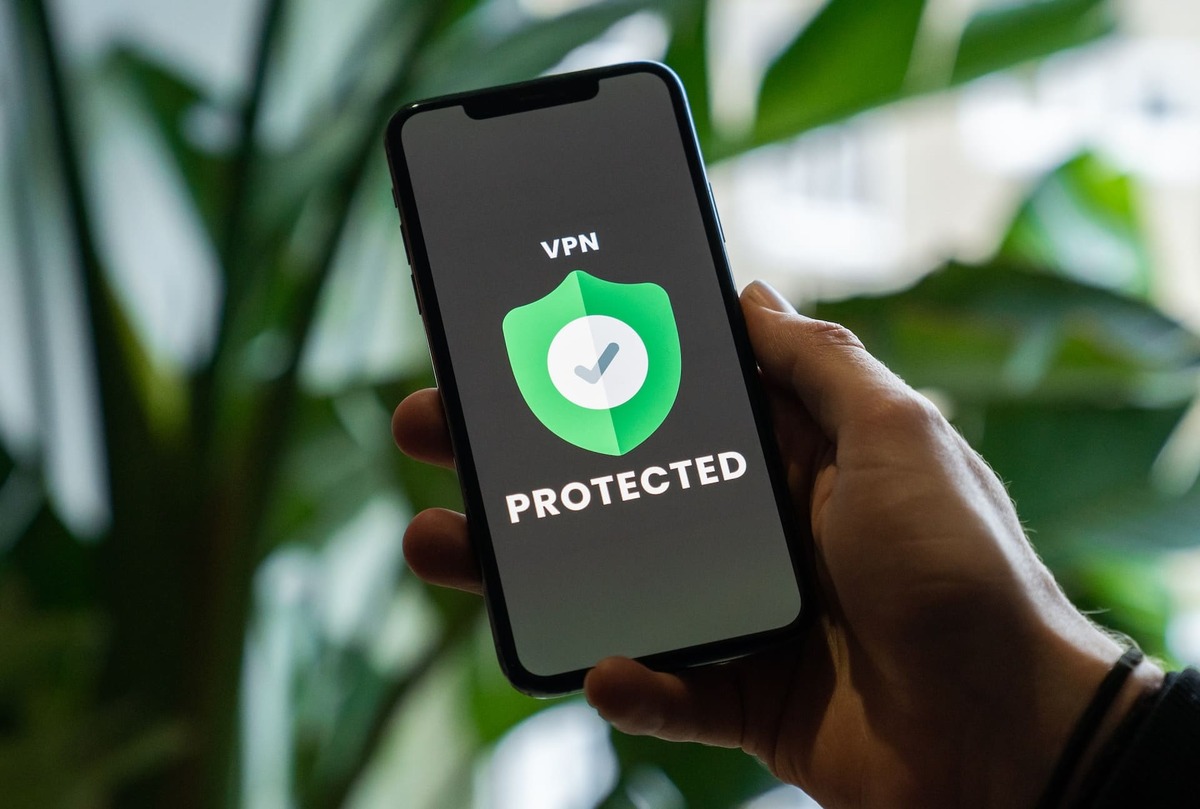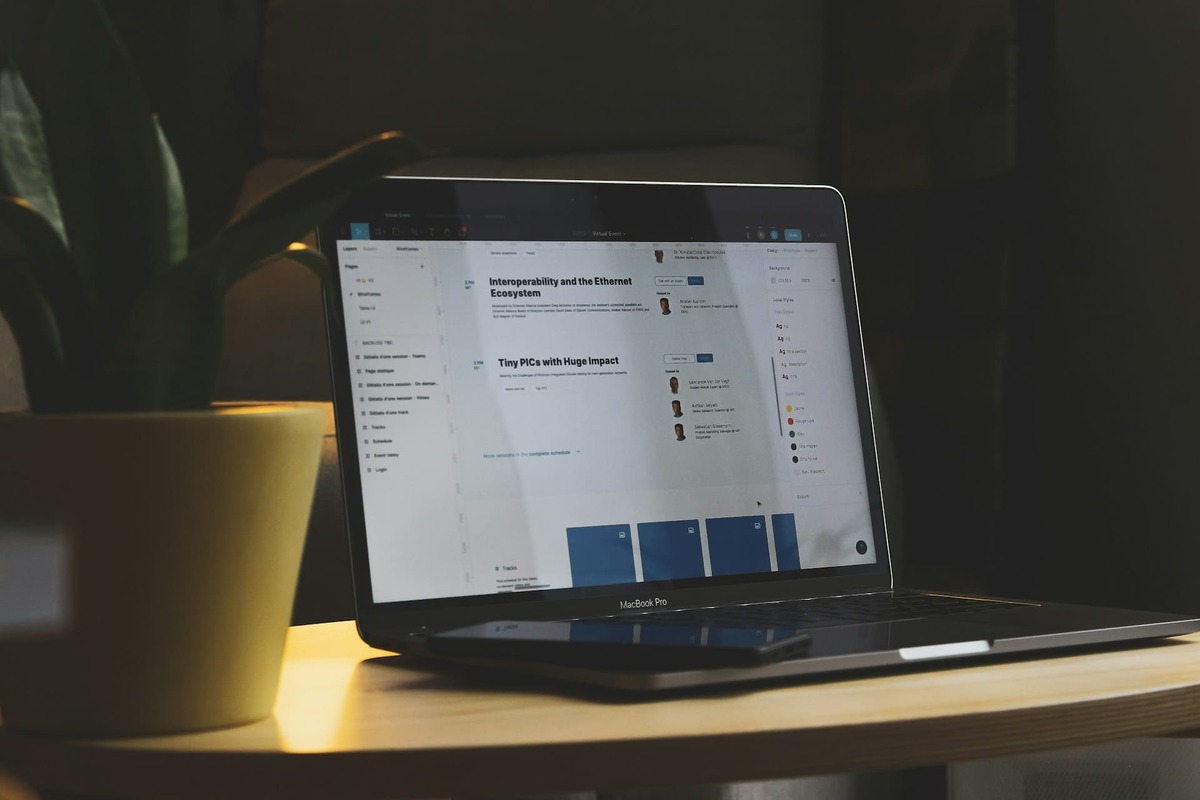
Websites are digital worlds that carry a huge flow of information. It takes a lot of resources to process it, and even more so to process it quickly. Information becomes more and more, and methods of its processing – more and more perfect. So for fast and productive search of necessary links two main tools Web Scraping and Web Crawling are used. At first glance, the difference between them is not great, given the tasks set before them, but nevertheless, they are different processes.
Let’s try to understand what is the difference between Web Scraping and Web Crawling and what they have in common.
What web scraping tools were created for
The tasks for which web crawling and web scraping were created are similar in many ways:
- tracking changes on websites in real time (relevant when price or rate changes frequently, following the news);
- selecting information from the web to create your own databases;
- marketing analysis and evaluation of the market (helps well in improving the strategy for the development of your own business);
- improving the promotion of the site (seo); the site is checked for quality backlinks and other data, thus moving it forward in the search queue
As you can see, web scraping and web crawling have essentially common goals, but the processes are still different.
What is Web Scraping?
In order to work with information, it has to be retrieved. In the past, retrieval was done manually, at first it only took time, but then it started to take more material resources. It became a matter of time to create a tool to quickly process the huge amount of information.
Web crawling and web page parsing is scanning (literally scraping) specific information from websites by “crawling” them with bots. This tool is good when it comes to a strictly specific metric, such as prices, discounts, reviews.
Minuses of using web scrapers
The scraping method is based on automatic data processing. The scraper sends a request to the server, and then receives back the data, processes and organizes it. The method is largely imperfect and has a number of pronounced disadvantages:
- overloads the server being processed;
- not suitable for sites with fast and constant data updates;
- serious disruption of the process when scrapers are detected and IP addresses are blocked;
- site structure can have a negative impact on search processes
For all its disadvantages, web scraping parsing is nevertheless considered a convenient tool and enjoys a certain popularity.
Advantages of using web scrapers
Compared to manual information gathering, scraping is an efficient tool that allows you to collect and process large amounts of data;
- the process is automatic, eliminating errors that may have been made during manual collection and processing;
- the clear benefit to companies, increasing their competitiveness when applying rapid data collection and systematization;
- usefulness of the tool for any type of research activity (marketing or academic)
Some scraping tools
To be clear, an example of scraping is sourcing, i.e. starting an active search for information about candidates for vacant positions. To handle the huge flow of applications, additional services are often used to assist the search.
- AutoPagerize – an extension that facilitates the process of navigating the site, helping to fill in custom templates and forms.
- Instant Data Scraper – a universal tool for working with large amounts of data, for example, with social networks;
- PhantomBuster – a tool for controlling data entry, allowing you to define your own standards for entering and processing information.
All extensions are designed to facilitate the process of scraping, because due to its peculiarities it is highly dependent on many factors related to changes occurring on the sites.

What is Web Crawling?
In short, web crawling was conceived as an automated action aimed at crawling a huge number of sites in order to rank search indexes for certain information. Crawling is often translated as “goosebumps,” which is what the process looks like when you consider how bots spread across the web.
If you do a web scraping web crawling comparison, the pros are certainly on the side of the latter, and yet the crawling process is not as perfect as it may seem. It has a number of features that can be categorized as advantages:
- the scope of the search engine is much wider here: the tool allows you to process mega volumes of information much faster in a short period of time;
- automatic tracking of rapidly changing data: web crawlers allow you to set a program that will bypass sites with a certain regularity, thereby monitoring all changes, including those that change quickly and constantly;
- link research: web crawlers can analyze links between pages, establishing relationships, which greatly speeds up and facilitates searches;
- a variety of additional tools (equntum, Opensearchserver, Apache Nutch, Stormcrawle) that help simplify the process and make it convenient even for those who are not very familiar with the topic
Crowling, however, is still quite a problematic process. The main ones include:
- legal troubles; some site holders put bans on web scanning and then the search becomes illegal;
- huge costs and resources are required for quality searches and fast processing;
- content created with AJAX is unable to interact with crawling and creates problems for it;
- inability to reach much of the World Wide Web;
- many places where crawling is not allowed to access.
As you can see, web crawling and web scraping are not perfect search tools: different approaches are used for different situations.
Libraries for web scraping
The search process is hard to imagine without the use of libraries. These are auxiliary elements, mastering which will give an advantage to any scraper. For example, three libraries are used for Pyton parsing:
- Request – the basis of many search projects. Simple and easy to use, it is widely used for searching and processing HTTP data in web pages.
- Selenium – a popular tool for browser automation. It does a great job of controlling the browser by performing actions similar to manual searches
- Beautiful Soup – a library that allows you to extract information from websites for further work with it. Works with HTML and XML documents. Can work together with other libraries.

Using proxies for web crawling and web scraping
Since web crawling web scraping is disliked by many website owners, it is a good idea to use a proxy server for effective searching, i.e. a server with which you can remain anonymous and not reveal your identity. It helps in avoiding blockages and finding loopholes in the restrictions imposed by the sites.
For a successful search it is better to use reliable proxies. Among the intermediaries offered today, not very many are trusted. For example, for PCs, OpenVPN for Windows deserves excellent feedback as the most reliable and affordable.
For scraping and crawling, finding the right proxy server often means that the task is accomplished.
A proxy server acts as an intermediary between a computer and a website, and provides it with anonymity, in particular prevents it from detecting and blocking an IP address.
There are a number of proxies available to successfully scan sites. They are distinguished by several types:
Dedicated proxies are a single user server, hence high speed and reliable;
Rotary – changing addresses frequently and thus masking the right one;
Pools are combinations of servers of different types, which greatly increases the chance of a successful scan;
Processing center proxies are special servers created by ISPs to perform low-risk tasks. They are very vulnerable and are often used in conjunction with rotational ones;
For residential use – used for residential applications to protect the addresses of user computers and laptops;
Resident – also aimed at preserving the anonymity of the user when searching the Internet; much more expensive than the others; for greater efficiency it is recommended to use them in conjunction with other types;
Mobile proxies are particularly popular today. Such intermediaries are focused on collecting information from mobile devices. Especially when it is necessary to bypass geolocation confirmation and simulate manual search. However, reliable mobile proxies cost a lot of money and are rapidly improving, just like mobile gadgets. Renting mobile proxies today is easy and simple, and the price of mobile proxies for countries on different continents can vary significantly, so there are plenty to choose from.
Bottom Line: Differences and similarities between web scraping and web crawling
To summarize the above, we can state that the difference between web crawling vs web scraping lies in the breadth of the tasks at hand.
When it is necessary to collect and process an extensive list of websites, two main tools are used. These are web scraping and web crawling. Similar, in fact, processes are engaged in monitoring, collecting and systematizing information, very demanding on resources and dependent on the limitations imposed by the network in general and sites in particular.
When it comes to monitoring specific information, it is easier to apply scraping. If you need a systematic indexing of search processes, it is better to crawl. In simple words, web scraping vs web crawling is saving specific data during crawling (this is what scraping does) vs saving text, images and photos, media files, external links and internal links (this is the result of crawling).









